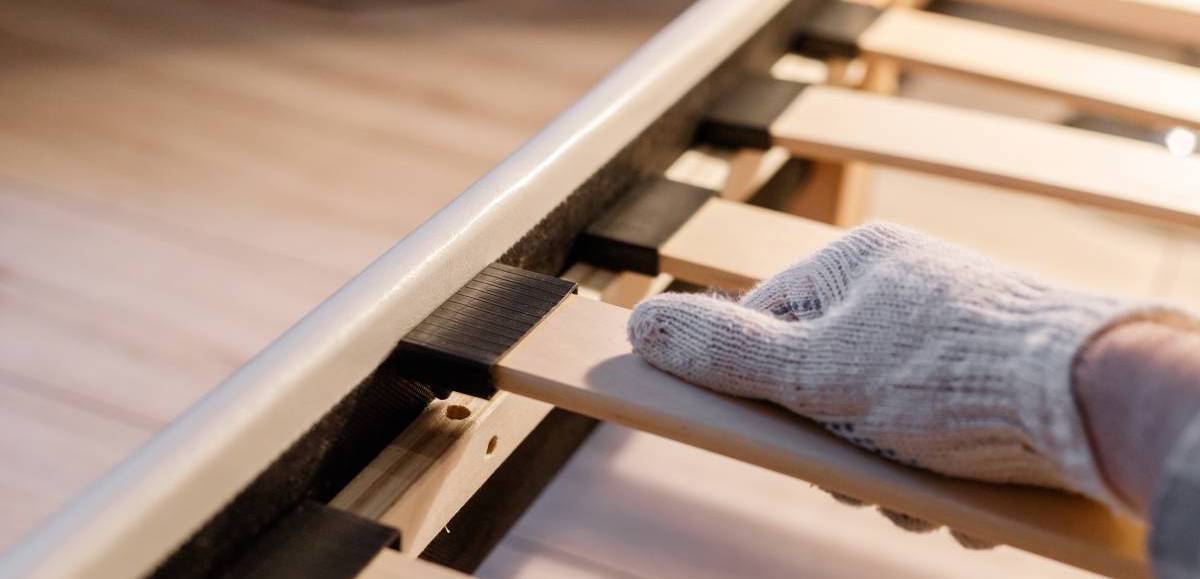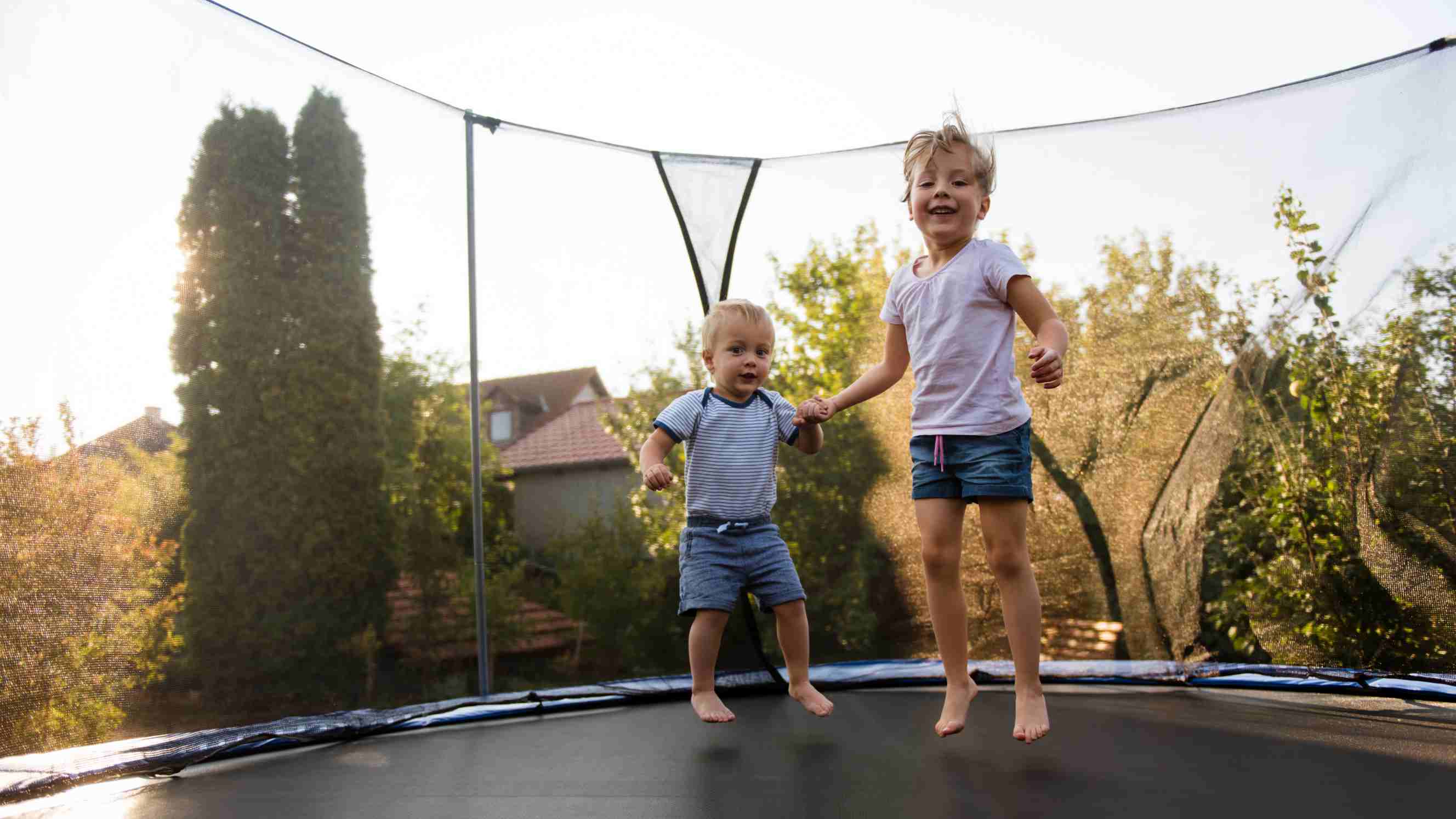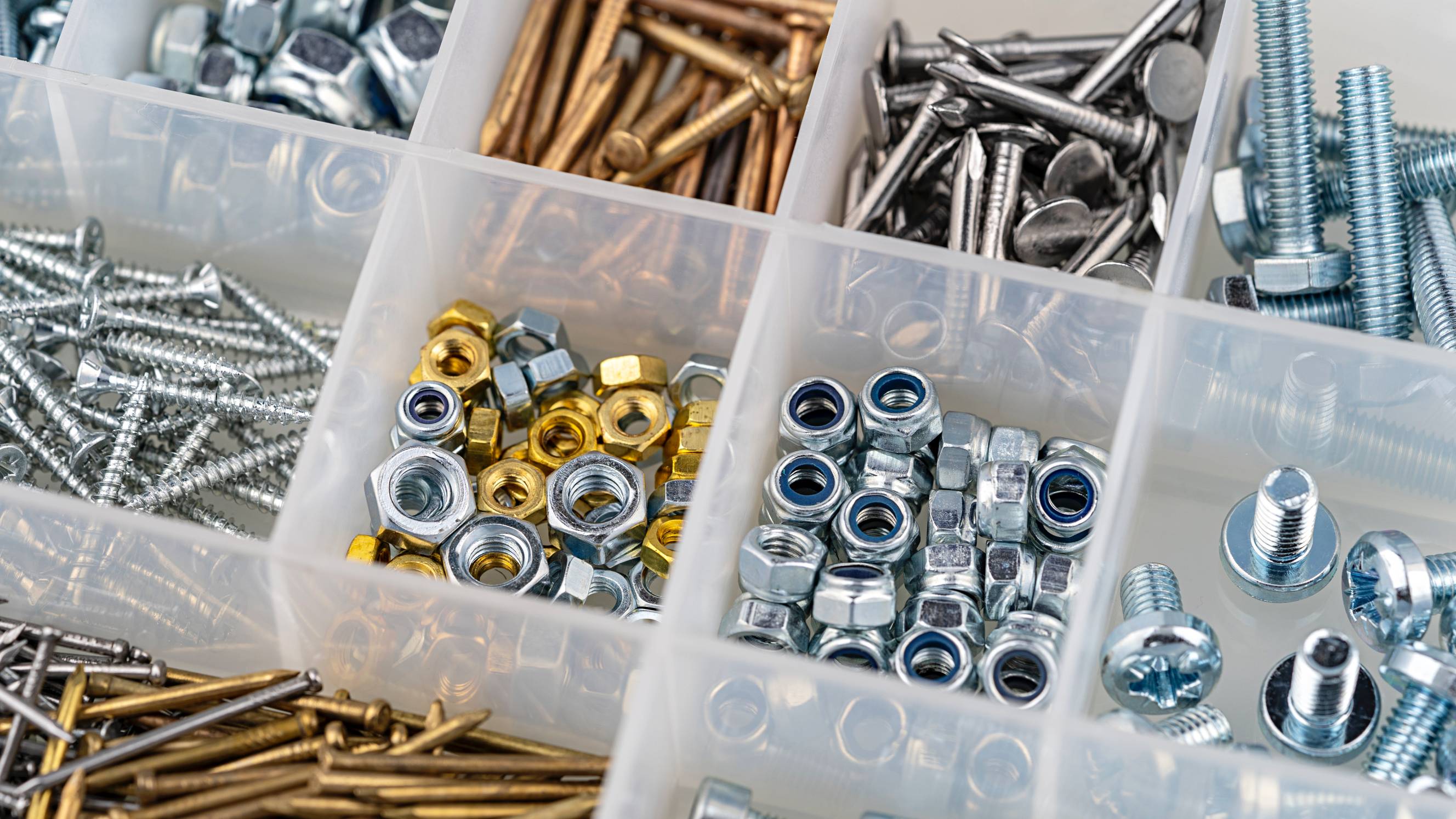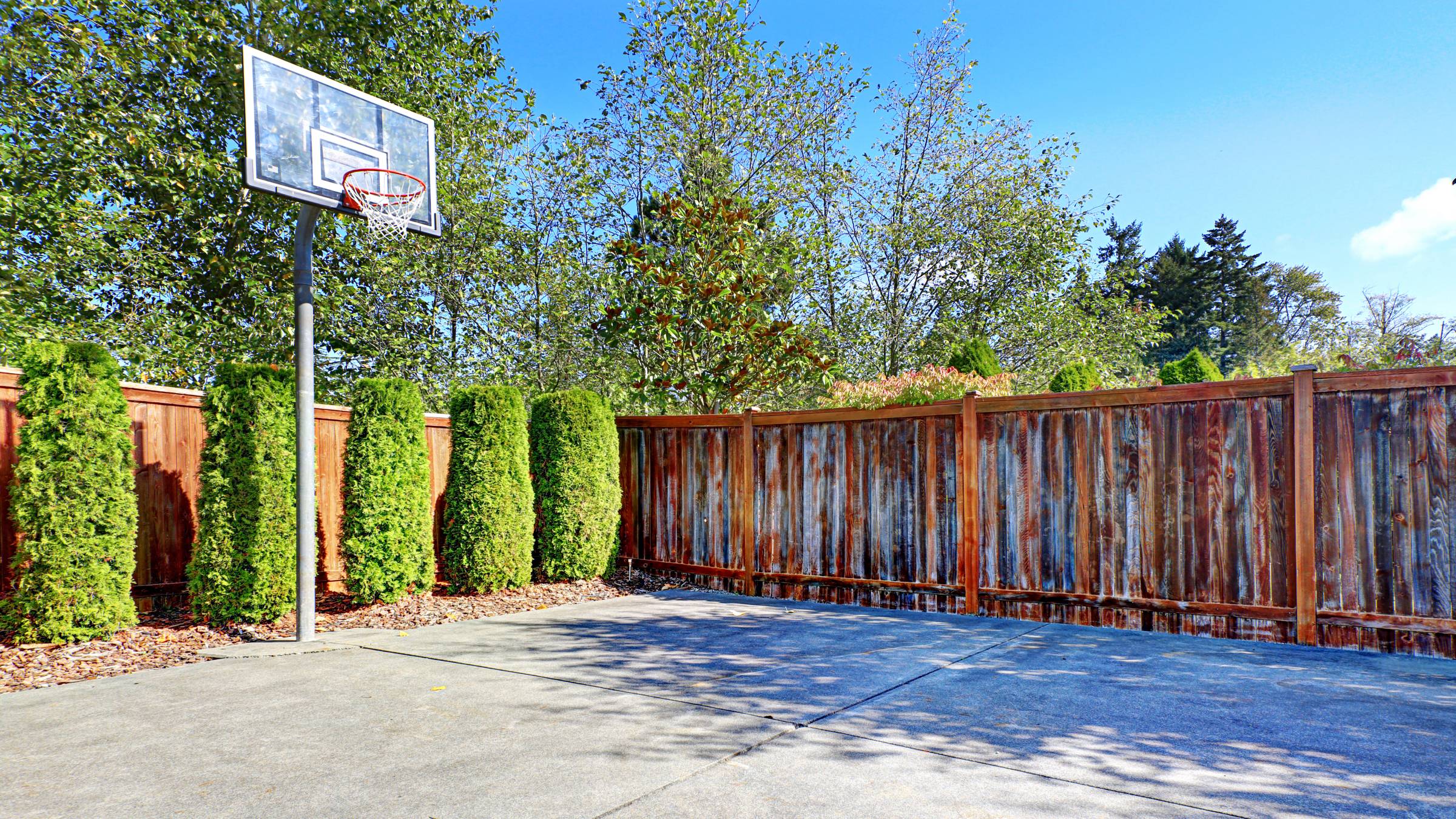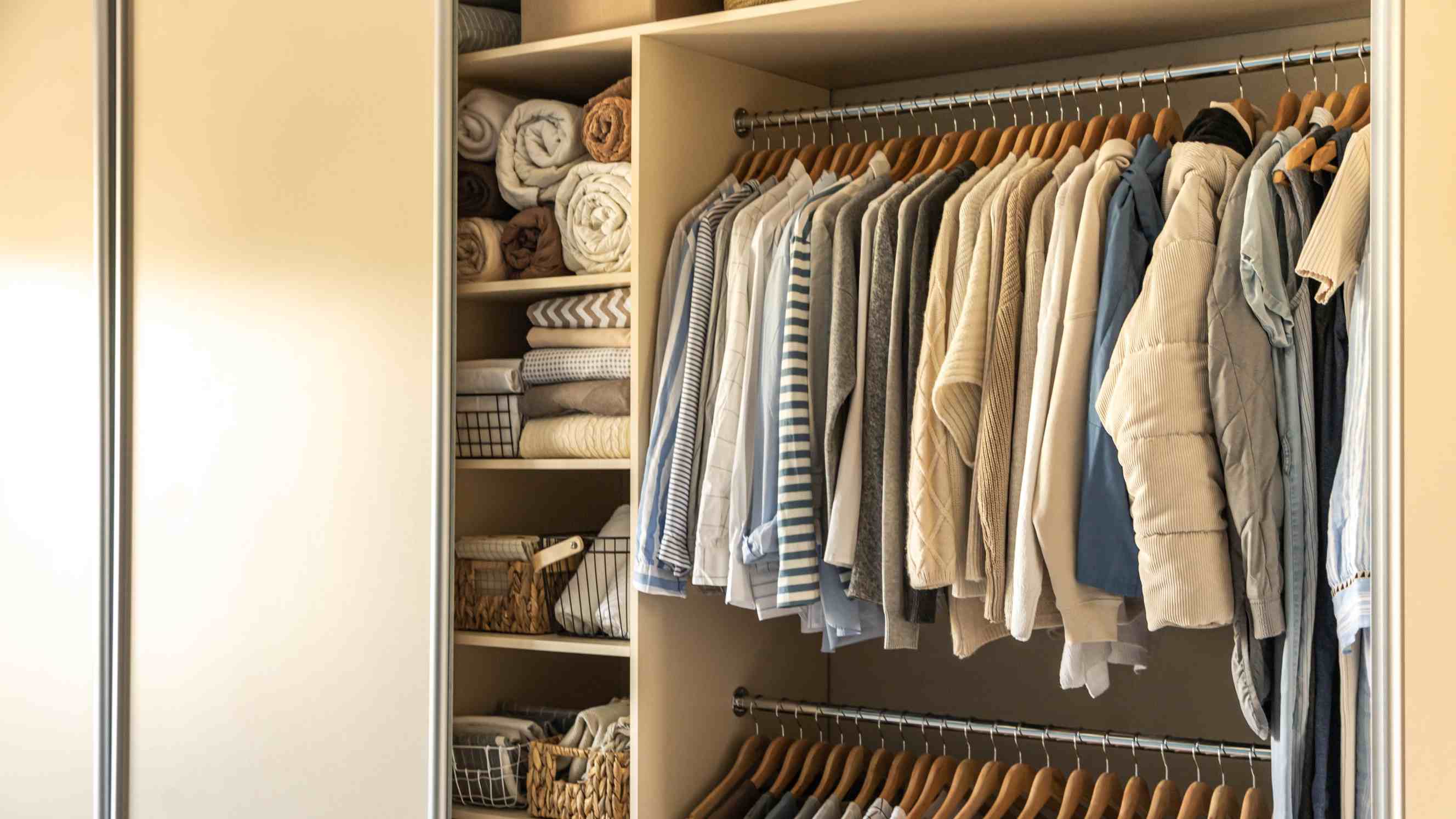- Home/
- Comparisons/
- Assembly/
- Gas vs. Charcoal Grill
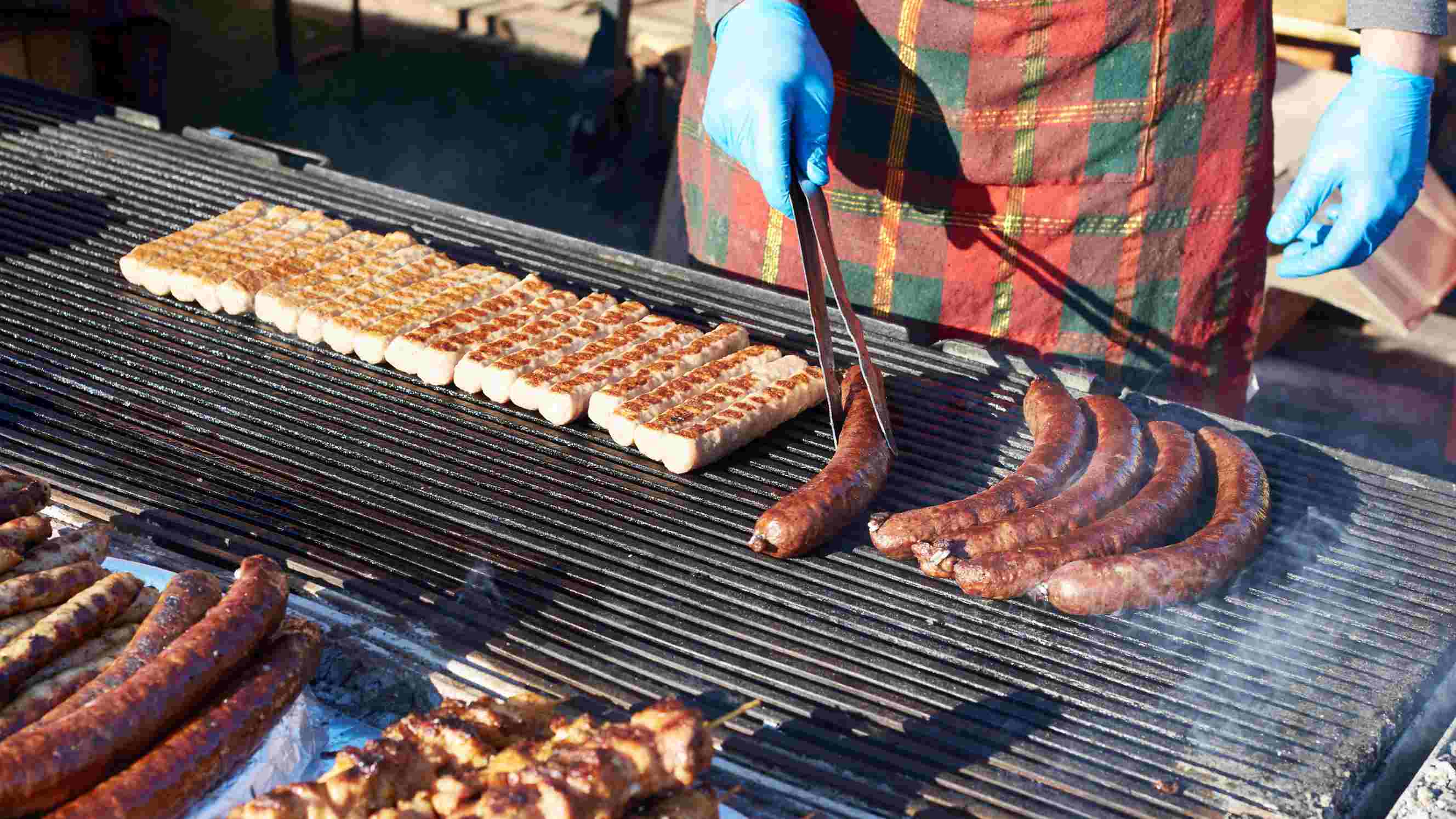
Gas vs. charcoal grill: Which is better for barbecue cooking?
Comparing gas and charcoal grills based on their cooking time, functionality, assembly process, and more.
Hire an expert grill assemblerLast Updated on
Key Facts
- A gas grill is a type of grill that uses gas for quick and controllable outdoor cooking.
- A charcoal grill is a traditional cooking method that uses charcoal to infuse food with a distinct smoky flavor.
Even though people have spent centuries perfecting indoor kitchens, many still long for the vibe that outdoor cooking offers. And when this is considered, it's impossible not to talk about the charcoal vs. gas grill debate.
The topic is as hot and fiery as the grills themselves. Each method brings its own flair, aroma, and experience to the table, so the choice is far from straightforward.
This comparison guide is designed to fan the flames and help you make an informed decision about the best grilling method for your barbecue tastes and lifestyle needs. Whether it's the convenience and control of a gas grill or the traditional smoky flavour of charcoal grilling, our guide offers a comprehensive look at the pros and cons of each.
What is a gas grill?
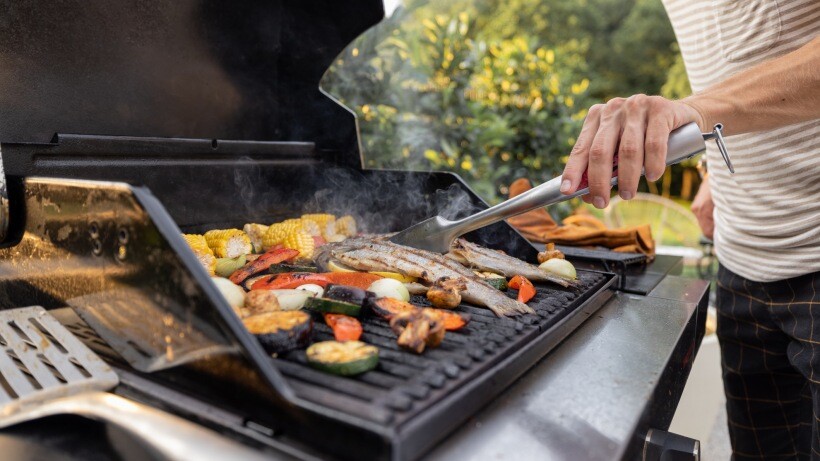
A gas barbecue is a modern style of grill that uses gas for a quicker and more efficient way to cook outdoors. It’s typically powered by either propane or natural gas, so it allows for immediate heat control. This makes them ideal for those who value convenience and ease of use.
Propane for gas grills are widely used because they’re portable and easily refillable. Meanwhile, natural gas can be more cost-effective for those who have a direct line.
Gas grills are favored for their ability to cook food evenly and for their minimal cleanup requirements. That’s why they are a popular choice for both novices and experienced grill enthusiasts alike.
What is a charcoal grill?
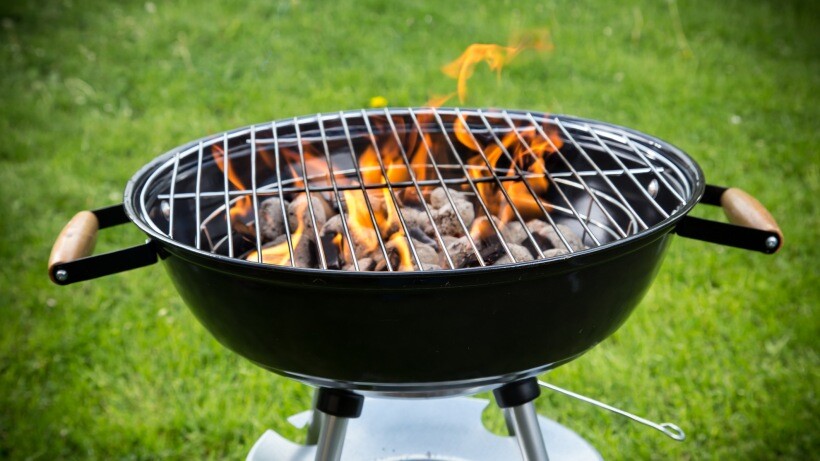
A charcoal barbecue is a classic grill that relies on charcoal as its primary fuel source. This method is known for adding a distinctive smoky flavor to the food - a quality that’s highly praised among barbecue aficionados.
Burning charcoal briquettes and using hot coals involves a more hands-on experience as it requires you to fix the charcoal bed from time to time to regulate heat. It’s this interaction with the flame and smoke that many believe adds to the charm of charcoal grilling.
You can also add wood chips along with charcoal to enhance the smoky flavor even further. This is often compared to a wood-burning grill, which is popular for its ability to impart a rich, woody taste to food.
Gas vs. charcoal grill: What are their key differences?
The pick between gas or charcoal grill is one that has outdoor cooking enthusiasts divided. Each method offers a unique approach to grilling, and their differences can greatly affect the cooking experience, flavor, and convenience their user will have.
This comprehensive guide aims to provide a clearer understanding of what each type of grill brings to the table. Hopefully, this will help you make an informed decision tailored to your grilling style and preferences.
In terms of cooking time
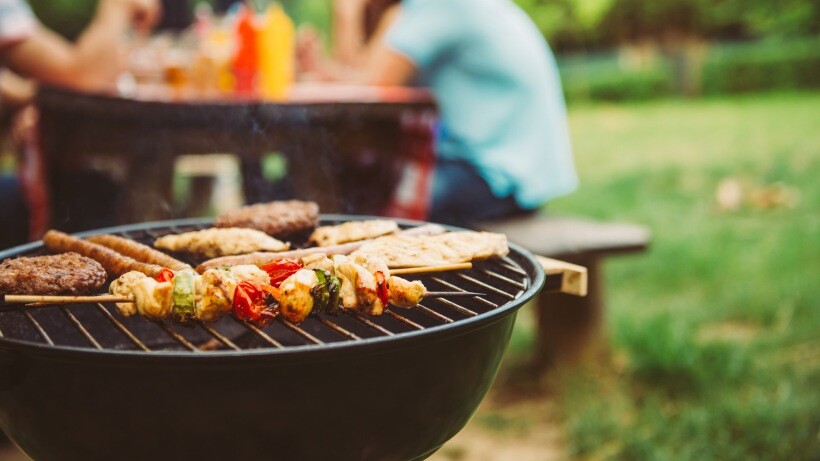
When comparing charcoal and gas BBQ grills in terms of cooking time, the latter offers a quicker start and easier heat control. With the turn of a knob, a gas BBQ grill can reach the desired temperature in a matter of minutes. This ability to quickly adjust the heat higher or lower means that cooking times can be more accurately predicted and managed.
On the other hand, charcoal BBQ grills require a bit more patience and skill to get going. Lighting the charcoal typically takes more time. It often takes around 15-30 minutes to reach cooking temperatures. Plus, maintaining and adjusting the heat with charcoal is a manual process that demands constant attention to the grill.
This can introduce variability in cooking times, especially for beginners or when grilling more sensitive items that require precise temperature control. However, for many, this investment in time enhances the overall grilling experience and flavor of the food.
In terms of flavor
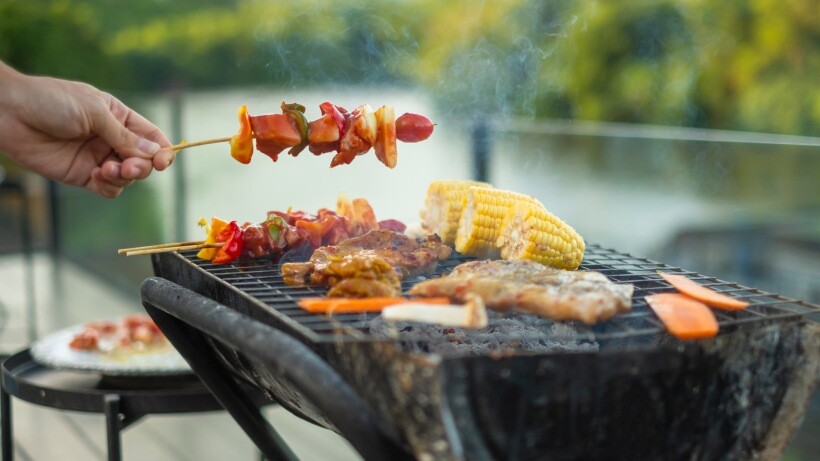
The differing preferences between charcoal and gas grills often centers around the flavor that each method adds to the food. For instance, charcoal grills are known for their ability to produce a smoky flavor that many seek.
This taste comes from the smoke generated when fat and juices drip onto the hot charcoal. They create flare-ups and smoke that envelop the food. The result is a taste that’s hard to replicate with the usual gas for grills.
The gas flame, on the other hand, offers cleaner cooking without the smoky taste. While some purists argue that gas-grilled foods lack the authentic barbecue flavor, others appreciate the ability to taste the natural flavors of the meat and vegetables without the smokiness.
In terms of functionality
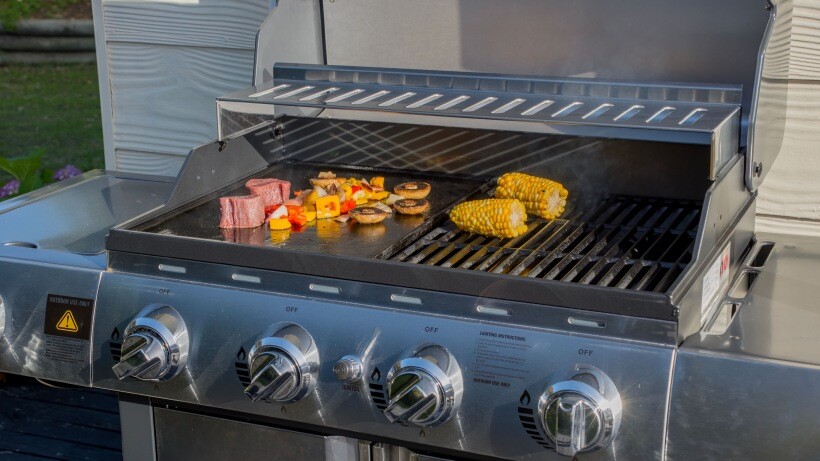
When comparing the functionality of charcoal and gas grills, it’s clear that each has its own advantages. No wonder many people are torn and prefer to grill with gas and charcoal every once in a while.
Charcoal grills require more manual effort to light, control, and maintain the desired temperature, so they offer a hands-on experience. This can be appealing to those who enjoy the process of tending to the fire and mastering the art of charcoal grilling.
On the other hand, gas BBQ grills shine in terms of convenience and ease of use. They typically feature push-button ignition, precise temperature control through knobs, and sometimes additional functionalities like side burners for cooking sauces or side dishes.
The ability to quickly adjust the heat up or down allows for more flexibility and less guesswork. This makes gas grills ideal for beginners and those who prioritize convenience and time-saving in their grilling sessions.
In terms of the assembly process
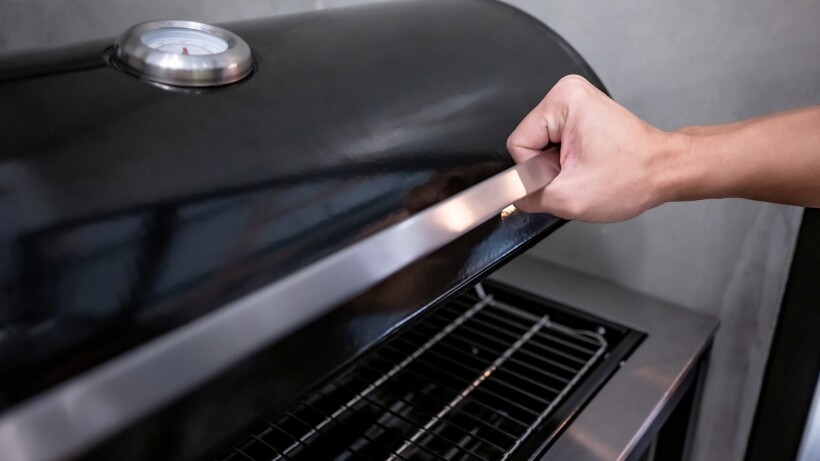
Charcoal grills are generally simpler to construct. It mostly requires the assembly of the grill body, placement of grates, and perhaps a side table or two. This simplicity allows for a straightforward setup process.
In contrast, assembling a gas barbecue might be more complex due to its components. Examples are gas connections, burners, and sometimes even built-in thermometers and additional side burners. This complexity can extend the assembly time but results in a more versatile cooking set-up.
Interestingly, some manufacturers offer hybrid models that can use both charcoal for gas barbecues and gas for charcoal grills. But, keep in mind that you should be extra careful when assembling them and adding gas barbecue coals. This is because most of these models are not entirely compatible with charcoal grilling and require specific instructions to make sure you stay safe while setting it up.
In terms of cleaning and maintenance
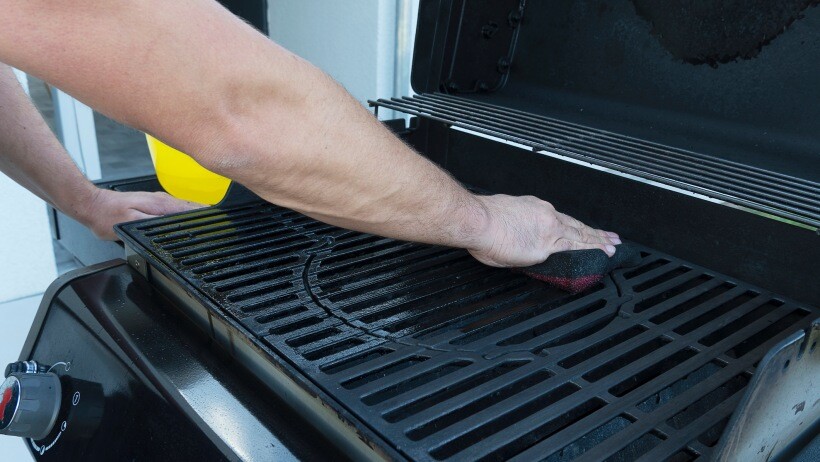
Maintaining and cleaning a BBQ is crucial for its longevity and performance.
Charcoal barbecues often need more extensive cleaning due to the ash and residue left by the coal. After grilling, you must dispose of the ash properly and scrub the grates to remove any stuck-on food and charcoal residue. This process can be messy and time-consuming, but it’s essential to prevent flavors from previous cookouts from affecting new ones.
On the other hand, gas BBQs are generally easier to clean. They don’t produce ash like charcoal grills, which eliminates a significant part of the cleaning process. However, it’s important to regularly check and clean the burners and gas connections to ensure they are clear and functioning properly.
With that said, can you put coal in a gas grill? Well, it’s often permitted by hybrid models, but it can complicate maintenance as well. To make things easier, remove all traces of charcoal and clean the grates thoroughly before using gas again.
In terms of cost
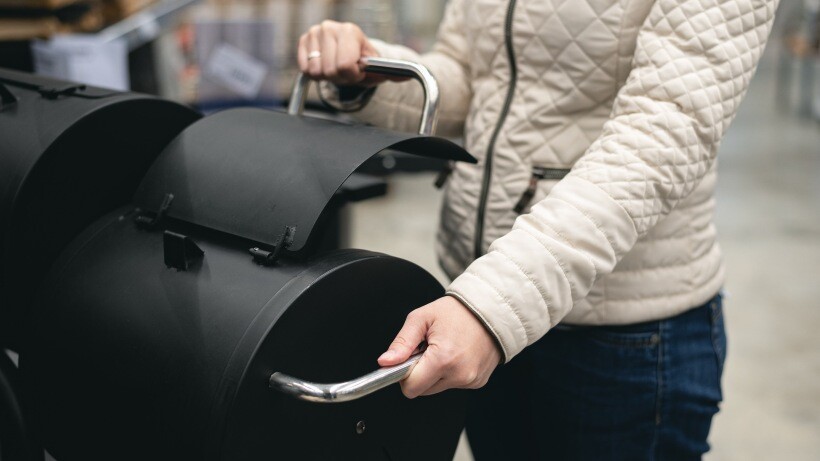
When it comes to the cost of charcoal versus gas BBQs, there's a noticeable difference that can influence your buying decision. Charcoal BBQs present a more budget-friendly option up front, with prices ranging from $99 to $399.99 for portable ones and $1,629 to $4,599 for premium models.
However, when considering how much charcoal for the grill will add to the ongoing costs, you'd see that frequent purchases can add up over time. Not to mention that cleaning costs can also be expensive, around $130 to $325, depending on the brand and type.
On the other hand, gas BBQs start at a higher initial price point, $320 to $2,180, with high-end models reaching into the $5,500 to $12,900 range. Even portable ones can cost from $90 to $199. Although the initial cost is higher, the running costs can be lower and more predictable depending on your local gas prices and the efficiency of your model.
Take the stress out of BBQ assembly with Airtasker
Choosing between a charcoal and gas grill involves weighing the pros and cons of each. This includes considerations of convenience, cost, and personal taste preferences.
Finding the perfect grill might seem overwhelming with so many options on the market, but setting it up doesn’t have to be. Once you’ve made your selection, turn to Airtasker for hassle-free assembly services. The platform connects you with skilled professionals who are ready to make sure that your grill is perfectly set up for your next cookout.
And it doesn’t stop there—whether you're setting up a new BBQ grill or seeking a thorough cleaning of your current model, there’s a Tasker out there who is ready to help. Post a task today and connect with people who can make your BBQ experience go without a hitch.
Gas vs. Charcoal Grill
| Gas grill |
Charcoal grill |
|
| Cooking Time |
Quick start and easy heat control for faster cooking |
Longer to heat up and requires attention for temperature control |
| Flavor |
Cleaner cooking without the smoky taste |
Infuses food with a distinct smoky flavor |
| Functionality |
Push-button ignition, precise temperature control, additional functionalities like side burners |
Hands-on experience, manual effort to light and adjust temperature |
| Assembly Process |
More complex due to components like gas connections and burners |
Generally simpler, straightforward assembly |
| Cleaning and Maintenance |
Easier to clean, with no ash residue, but requires regular burner and gas connection checks |
More extensive cleaning due to ash and residue, potentially messier |
| Cost |
Higher initial cost but lower and more predictable running costs |
More budget-friendly upfront, but ongoing charcoal and cleaning costs can add up |
FAQs on gas and charcoal grills
For a gas grill, you typically need either propane gas, which is commonly used for portable and stand-alone grills. You can also use natural gas for built-in or permanent outdoor kitchen setups.
Cooking with gas is considered healthier than charcoal because it produces fewer carcinogens and particulate emissions. This makes it a cleaner option for both food and the environment.
Yes, hybrid grills are designed to accommodate both gas and charcoal. They offer flexibility and convenience for those who appreciate the benefits of both cooking methods.
No, charcoal is not needed for a gas grill as it runs on either propane or natural gas. However, some grilling enthusiasts may choose hybrid models so they can add charcoal for additional flavor and cooking options.
Find assemblers, fast
Post a task
Related articles
